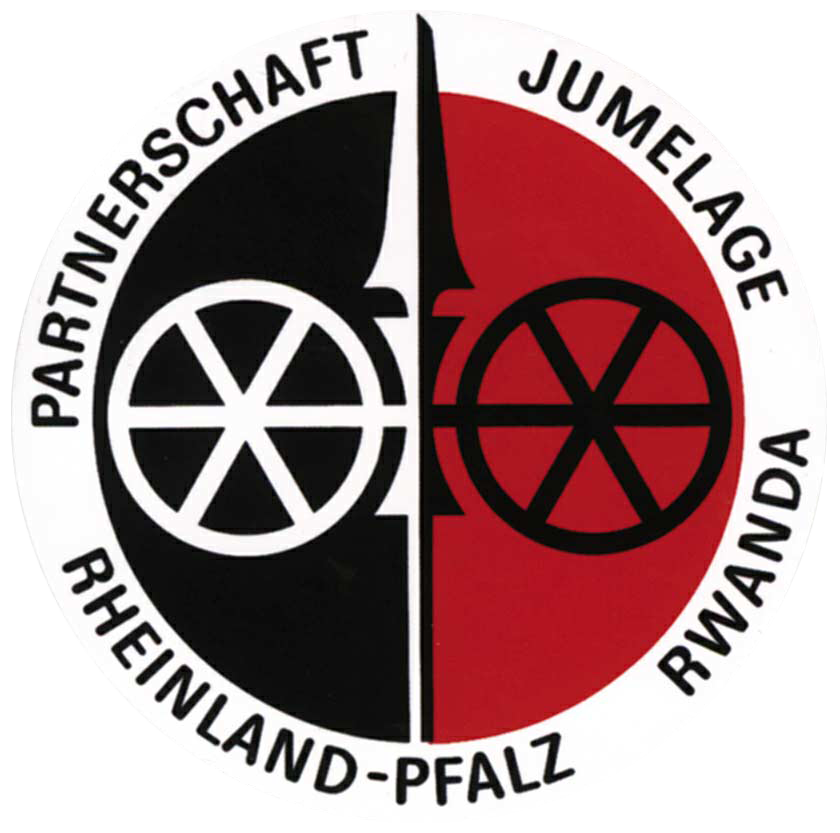Marie-Claire Mukagatera
Former staff member of the coordination office in Kigali

Marie-Claire Mukagatera has known the partnership between Rhineland-Palatinate and Rwanda since it was founded in 1982. Until 1989, she advised the coordination office in Kigali as a freelancer, translator and facilitator of delegations to Rhineland-Palatinate. The good knowledge of German she had acquired during her time in Stuttgart from 1971-78 helped her in this. Finally, she became receptionist of the coordination office from 2001 to 2018.
What distinguishes the partnership from your point of view and what do you personally like about it?
The partnership between Rwanda and Rhineland-Palatinate is unique. I have always been impressed by the fact that the citizens of Rhineland-Palatinate have collected funds on their own initiative to implement joint projects with their Rwandan partners. It is also special that the Jumelage accompanies and implements the projects itself, instead of simply transferring donations to the government or administration, as other organisations do. In the past, we also gave the money directly to the municipalities and had to observe that little came of it. Therefore, we decided to monitor the implementation ourselves and disburse the funds gradually. I always particularly liked our close contact with the people - they are the ones I remember most.
How has the coordination office changed along with the partnership?
In the beginning, Jean-Claude Kazenga, together with our driver, took over almost all the tasks around the office, which are now distributed among the different departments. In the past, there was always a director taking over the main responsibilities, while his wife was in charge of social projects and school partnerships. The staffing was determined by Mainz. At first, there were only male directors until the first woman, Nathalie Vaneste, was appointed in 2005. For a long time, the coordinator positions were also filled by Germans or Europeans, until Sandrine Kamariza, the first Rwandan woman, took over the role of coordinator of the departments for schools, social affairs and sports and youth.
What role does the partnership play in Rwandan society?
The partnership has a positive impact on our society. It is widely known within the population. When we go by car to visit projects, the children often shout "Jumelage, Jumelage!" after us. Many adults today owe their school education to the sponsorship programmes, through which their school fees were paid. Even ministers say of themselves, "I am a child of Jumelage - without it I would not be in this position today.”
 Partnerschaftsverein Rheinland-Pfalz/Ruanda e.V.
Partnerschaftsverein Rheinland-Pfalz/Ruanda e.V.